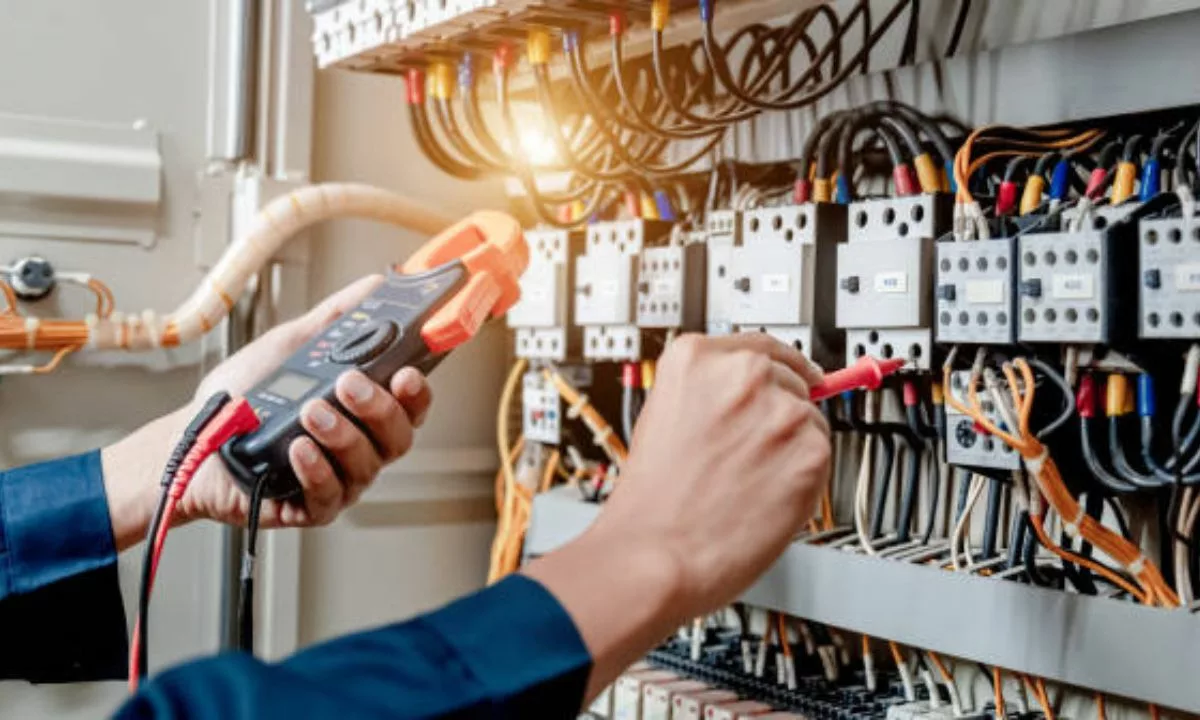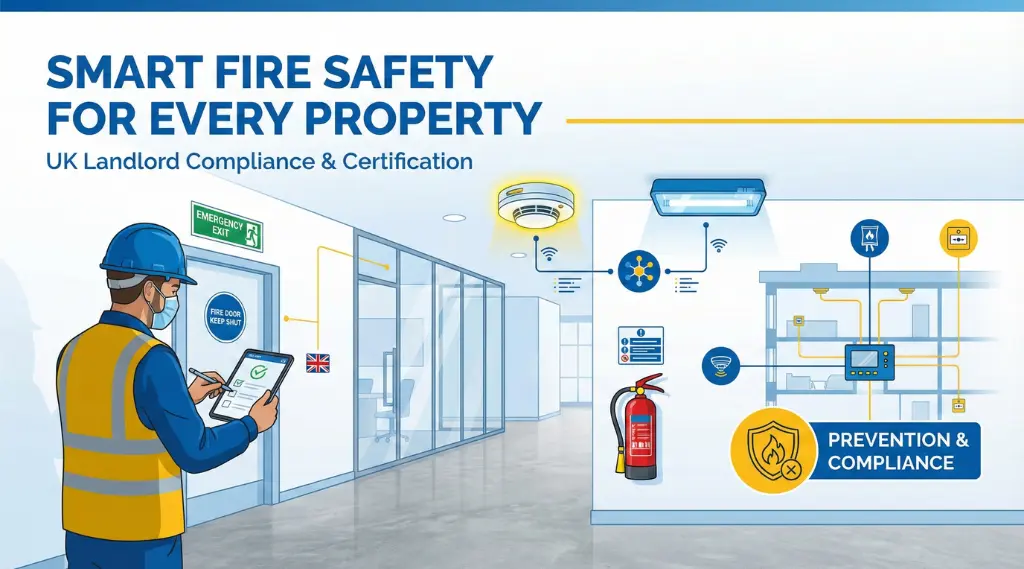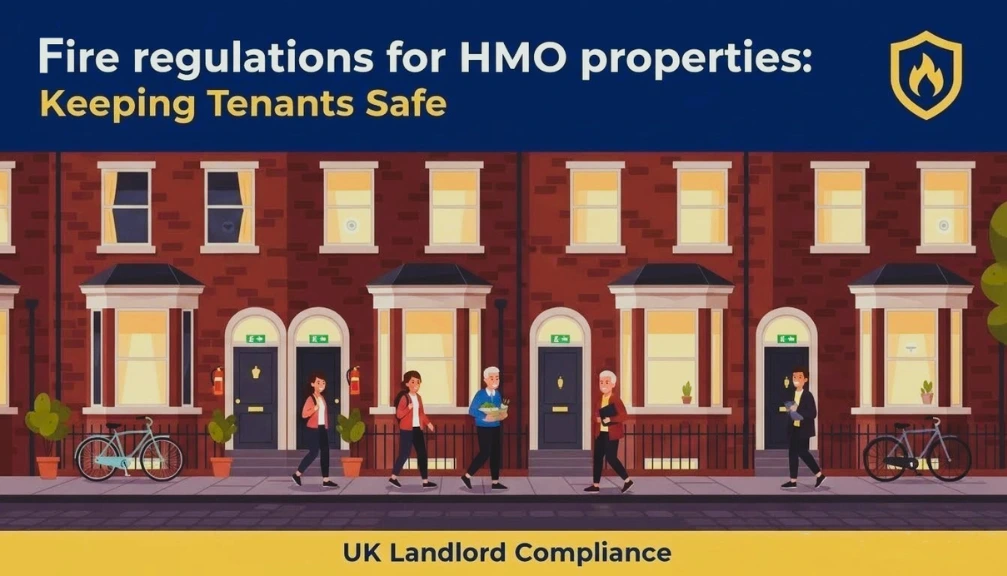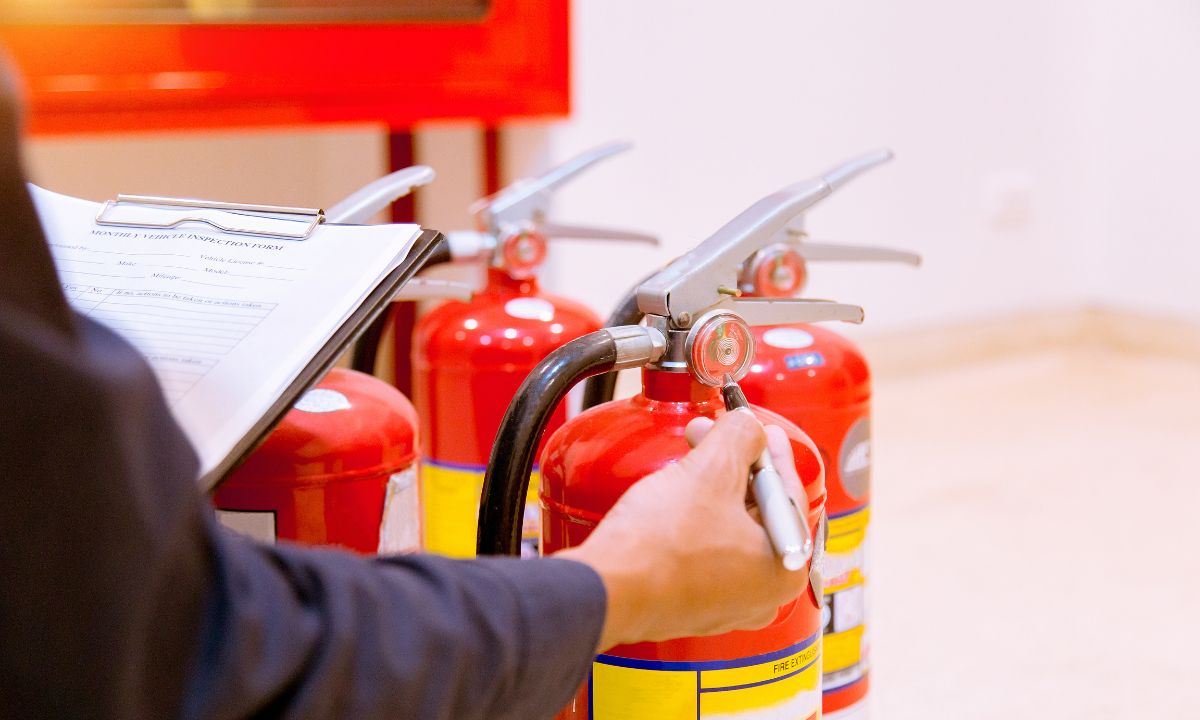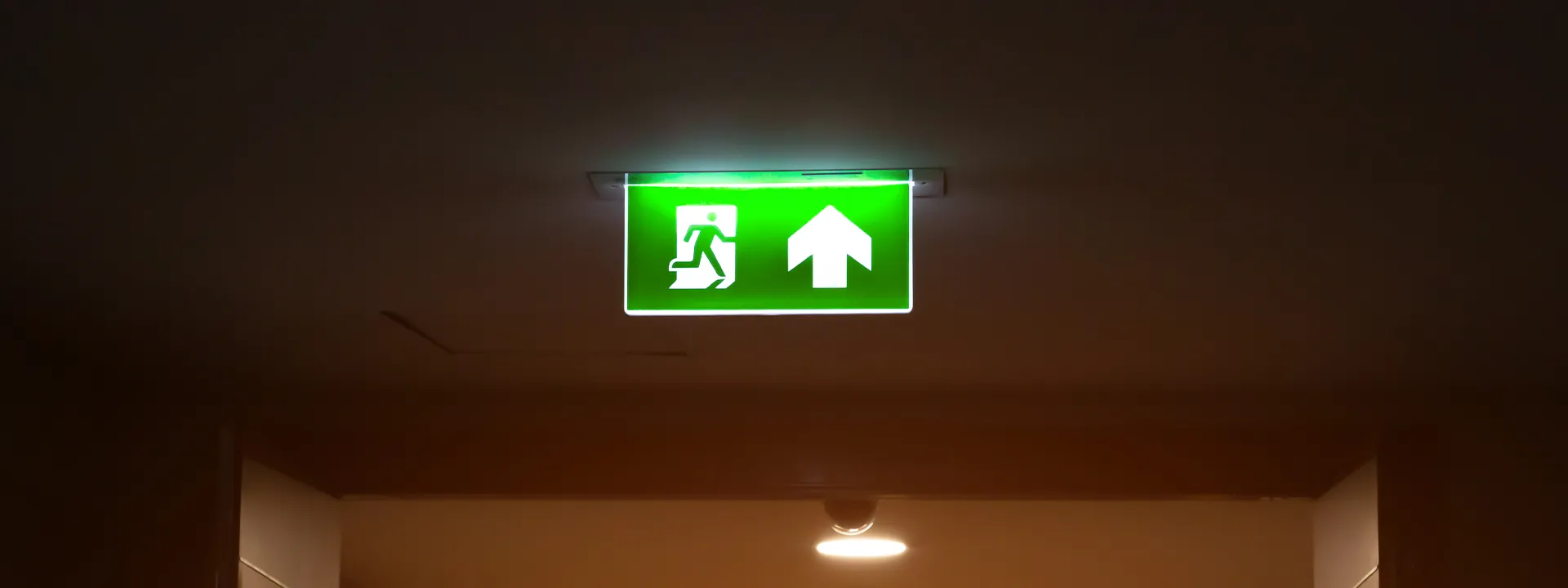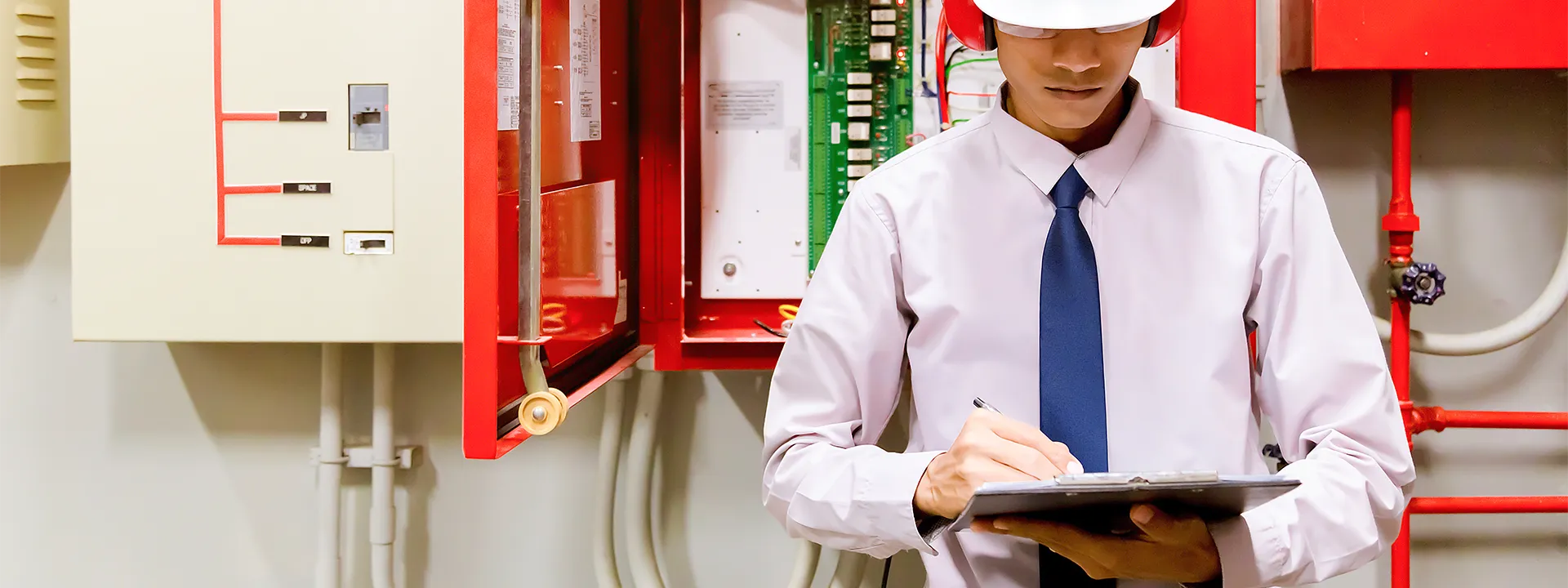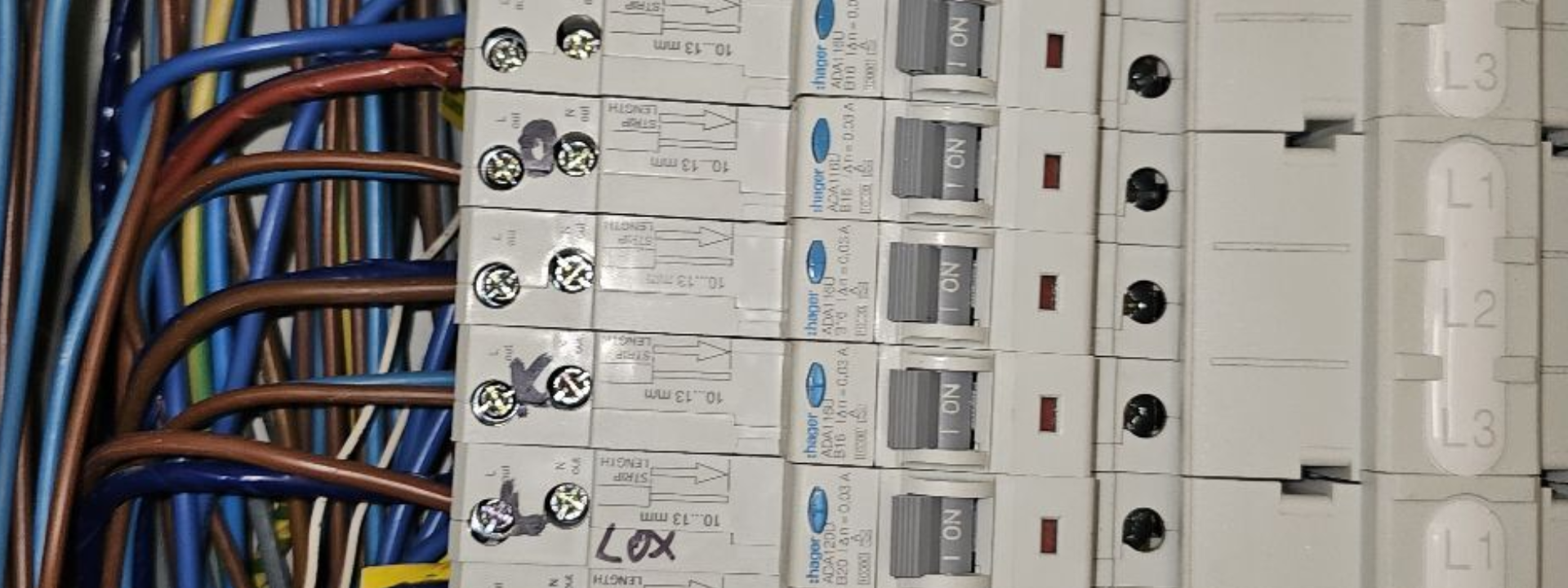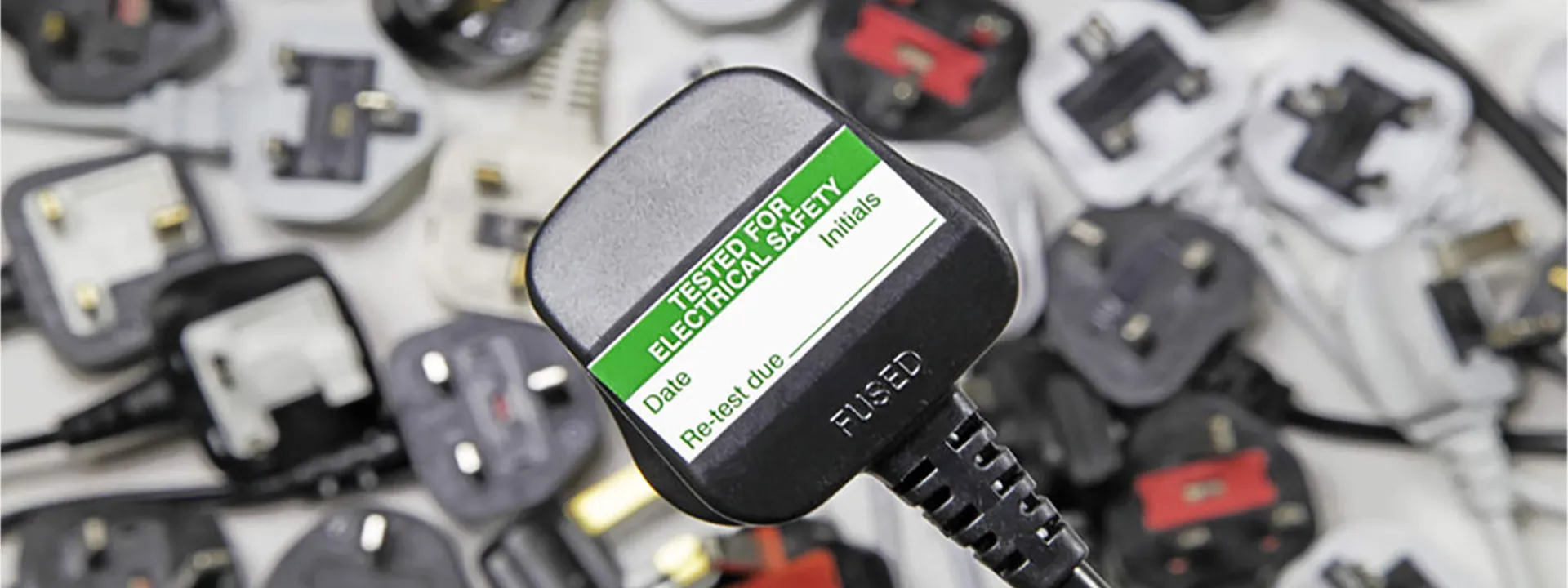Real estate business in the United Kingdom, like selling a house, is an exciting and brisk process. There are always so many legal aspects, paperwork, and viewings to sort out that sellers can sometimes get lost. One question that frequently pops up for homeowners is: Do I Need An Electrical Certificate To Sell My House?
The answer, like many things in life, isn’t a simple yes or no. In this article, we’ll explore everything you need to know about the selling process of a house in the United Kingdom. If you need further help with any details on the electrical certificate, visit All Landlord Certificates!
Is There a Legal Obligation for an Electrical Certificate?
Even though there’s no legal obligation, it’s important to keep the electrical certificate for future safety confirmation.
The Seller’s Duty of Care
Lack of a valid Electrical Installation Condition Report (EICR) may slow down or completely stop a sale. It’s not obligatory, however, you have a legal responsibility to guarantee that the property is secure. This means knowing what electrical risks may be present and reasonably eliminating them.
Inquiries by the Buyer
Imagine putting yourself in a buyer’s shoes. Wouldn’t you want peace of mind knowing the electrics are safe? During the conveyancing process (legal transfer of ownership), potential buyers will likely ask for an EICR. This is not a legal necessity, but as with most things, it has now become the norm.
Why Do I Need an Electrical Certificate?
An EICR is an investment in safety and peace of mind. It might seem like a complex process, but the comfort and safety are worth it! Here’s why you should get an electrical certificate:

Selling a House
![]() Informative Forms: Your solicitor might include sections in property information forms related to the electrical system.
Informative Forms: Your solicitor might include sections in property information forms related to the electrical system.![]() Buyer’s Assurance: Even though not mandatory by law, potential buyers may demand an EICR. An EICR can ensure your commitment to safety!
Buyer’s Assurance: Even though not mandatory by law, potential buyers may demand an EICR. An EICR can ensure your commitment to safety!
Renting a House
![]() Mandatory for Landlords: If you’re renting a house, you’ll legally require an EICR certificate. Every professional letting agent will ask to see the EICR before letting you rent out a property.
Mandatory for Landlords: If you’re renting a house, you’ll legally require an EICR certificate. Every professional letting agent will ask to see the EICR before letting you rent out a property.![]() Landlord’s Liability: Failing to provide an EICR can make you liable in case of any electrical hazard! A valid EICR can help you avoid the stress of any accountability or electrical accidents.
Landlord’s Liability: Failing to provide an EICR can make you liable in case of any electrical hazard! A valid EICR can help you avoid the stress of any accountability or electrical accidents.
Why Do I Need a Registered Electrician for the Electrical Certificate?
You should not compromise when it comes to electrical safety. While anyone might claim to perform an EICR, there are compelling reasons to choose a registered electrician:
![]() Guaranteed Expertise: Registered electricians have undergone rigorous training, passed tough tests, and handled real-life cases. This means they can conduct a thorough inspection. Certified electricians can even recognize hidden electrical hazards, ensuring your property is always safe.
Guaranteed Expertise: Registered electricians have undergone rigorous training, passed tough tests, and handled real-life cases. This means they can conduct a thorough inspection. Certified electricians can even recognize hidden electrical hazards, ensuring your property is always safe.![]() Peace of Mind: Knowing that a qualified professional is handling your electrical system allows you to rest assured!
Peace of Mind: Knowing that a qualified professional is handling your electrical system allows you to rest assured!![]() Clear and Detailed Reports: Registered electricians provide detailed EICR reports outlining any electrical faults discovered and recommended repairs. This is important not only to potential buyers but also to mortgage lenders. An EICR ensures that the property meets safety standards.
Clear and Detailed Reports: Registered electricians provide detailed EICR reports outlining any electrical faults discovered and recommended repairs. This is important not only to potential buyers but also to mortgage lenders. An EICR ensures that the property meets safety standards.
Don’t gamble with electrical safety. Hiring a registered electrician for your EICR is an investment in your property’s safety and future. Their expertise ensures a thorough inspection, a clear report, and ultimately, peace of mind for you.
What Are the Costs of Getting an Electrical Certificate?
Thinking about getting an EICR for your property? Here’s a simplified breakdown of what can affect the price tag:
![]() Size Matters: The bigger your house, the more time and effort the inspection takes. Larger homes (5+ bedrooms) may cost between £100-£300, while flats or smaller houses (1-2 bedrooms) will cost less.
Size Matters: The bigger your house, the more time and effort the inspection takes. Larger homes (5+ bedrooms) may cost between £100-£300, while flats or smaller houses (1-2 bedrooms) will cost less.![]() Electrical Age and Condition: Older or less-maintained systems may have potential faults, previous dodgy work, or outdated components, requiring more inspection time. Costs can vary from £100 to £400 depending on complexity.
Electrical Age and Condition: Older or less-maintained systems may have potential faults, previous dodgy work, or outdated components, requiring more inspection time. Costs can vary from £100 to £400 depending on complexity.![]() Safety Concerns: If the electrical system has safety concerns or requires significant repairs, additional testing and fixes may be needed, increasing the cost to a range of £200-£500.
Safety Concerns: If the electrical system has safety concerns or requires significant repairs, additional testing and fixes may be needed, increasing the cost to a range of £200-£500.![]() Legally Required Inspections (Not All Properties): Some properties, like commercial buildings, might have mandatory, more in-depth inspections every five years. These inspections have their own costs, which can vary depending on property-specific factors.
Legally Required Inspections (Not All Properties): Some properties, like commercial buildings, might have mandatory, more in-depth inspections every five years. These inspections have their own costs, which can vary depending on property-specific factors.
What Happens If I Don’t Have an Electrical Certificate?
Thinking of selling your house? An EICR for any notifiable electrical work is crucial. Here’s why:
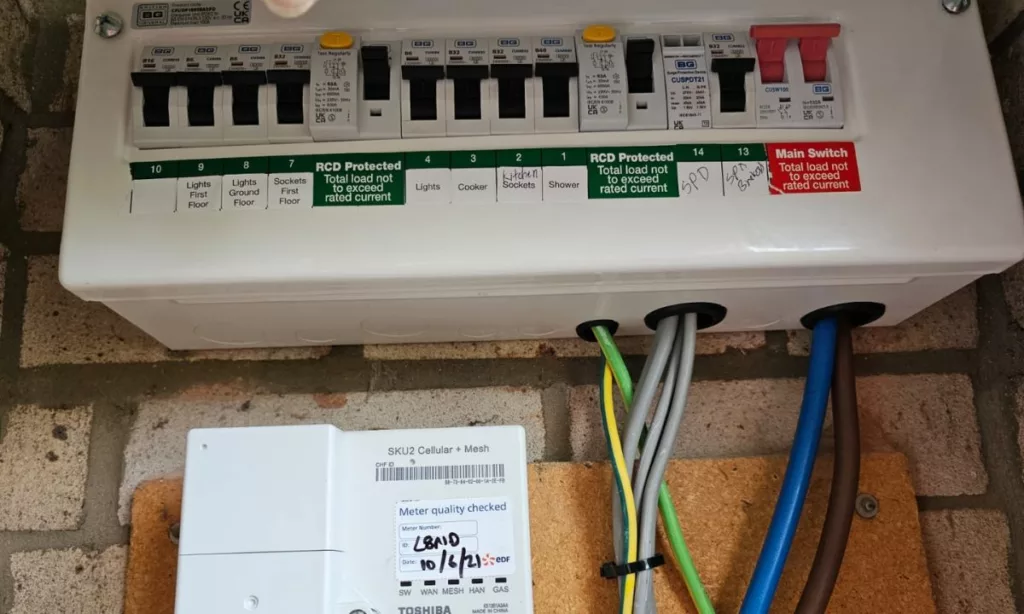
 Safety First: Buyers prioritize electrical safety, and mortgage lenders often require an EICR to approve the sale.
Safety First: Buyers prioritize electrical safety, and mortgage lenders often require an EICR to approve the sale. Missing Report, Missing Sale?: Without an EICR, your sales could stall. Let’s explore your options:
Missing Report, Missing Sale?: Without an EICR, your sales could stall. Let’s explore your options: Track Down the Original: Contact the company that did the electrical work; they might have a copy of the EICR.
Track Down the Original: Contact the company that did the electrical work; they might have a copy of the EICR. NICEIC to the Rescue: If the work was done by a NICEIC-registered electrician, you can download a digital copy from their website. If not, hire a qualified electrician to get the EICR done.
NICEIC to the Rescue: If the work was done by a NICEIC-registered electrician, you can download a digital copy from their website. If not, hire a qualified electrician to get the EICR done. Retrospective Certification: The original electrician might provide retrospective certification, proving the work met safety standards. However, this process can be time-consuming.
Retrospective Certification: The original electrician might provide retrospective certification, proving the work met safety standards. However, this process can be time-consuming. Indemnity Insurance: Consider an insurance policy to cover potential costs of faulty electrics, offering peace of mind for you and the buyers.
Indemnity Insurance: Consider an insurance policy to cover potential costs of faulty electrics, offering peace of mind for you and the buyers.Final Words
While not legally mandatory, an EICR acts like a safety certificate for your home’s electrical system. It shows buyers you take safety seriously, increasing their confidence in the property. Potential buyers might hold off until they see an EICR, and mortgage lenders often require it too. Having one upfront avoids these headaches!
Need more information about electrical certificates? Contact All Landlord Certificates today!
